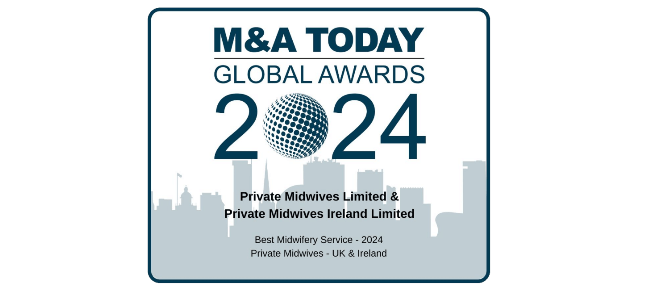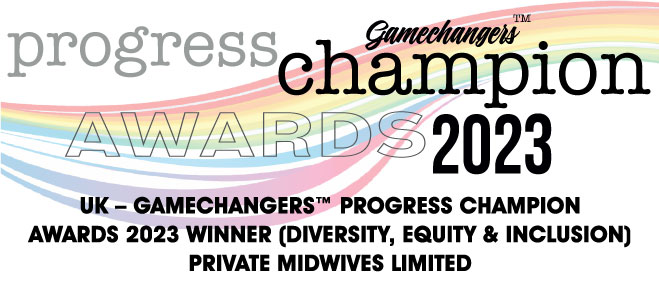- Home
- Home Births in Ireland
Home Births in Ireland
In Ireland, most of the women who seek our care are looking for a home birth. We thought it may be useful to give you a little bit of background and explain the various options available to you.
Ireland has a long history of birthing at home, similar to every other country in the world. Increasing medicalisation of childbirth however has meant that the majority of babies are now born in hospitals. Current statistics show that less than 1% of all births occur at home.
In the following page, we will explain the history of home births in Ireland along with details on the various insurance and public insurance schemes that have been used over the years to aid pregnant women in the Republic of Ireland.
Please note, we do not offer home birth care in Ireland to women with twins, known breech, or those planning a home birth after 2 caesarean sections
Home birth under the HSE scheme with an SECM
Prior to 2008 independent (or self-employed) midwives were able to access indemnity insurance through their union. This arrangement ceased in 2008 which meant that midwives would have to pay large insurance premiums if they wished to continue in independent practice. The HSE offered cover under the Clinical Indemnity Scheme. This option required midwives to follow the terms of a Memorandum of Understanding (MOU) if they wished to provide homebirths under the National Homebirth Scheme. Since then approximately 15-20 midwives have provided a service in certain areas of the country the cost of which is covered by the HSE. In some areas midwives provide more antenatal and postnatal care than that covered by the HSE. This is paid for directly by the client, often through health insurance.
The Domino system and publicly funded home births
In 1999 a Domino service was set up by the National Maternity Hospital, Dublin. This service covers a set area of South Dublin. Midwives attend approximately 50 homebirths per year, as well as having midwifery led birthing services within the hospital.
Other maternity hospitals have provided homebirth services throughout the years. Currently Wexford and Waterford hospitals provide limited access to publicly funded homebirths. In Cork and Kerry a group of self-employed midwives provide services in collaboration with staff in CUMH where there is a dedicated obstetrician and clinic for booked clients who wish to have a homebirth.
Exclusions to publicly funded and HSE homebirths
All of the above services are accessible to those who are in a “low risk” category as defined by the MOU or the relevant hospital’s policies. Women who wish to avail of these services must meet certain criteria prior to being accepted. Some instances where you may not be accepted include if you have previously had a caesarean birth, a previous post partum haemorrhage, or if you have some medical conditions. For more information please see the following links:
http://www.hse.ie/eng/services/list/3/maternity/homebirth_services.html
http://www.cuh.hse.ie/Cork-University-Maternity-Hospital/Maternity-Care/Antenatal Care/Midwifery-Led-Clinics/
In some cases, you may have booked with one of the options above but then may be excluded right at the end of your pregnancy and all your plans have to change last minute. Examples may include: if your pregnancy goes beyond 42 weeks, if your waters have been ruptured for longer than 24 hours, if you develop gestational diabetes etc.
Unassisted home birth
A small number of births happen at home each year which are unassisted by any medical professional. These may be unplanned and may happen due to quick labours and/or long distances to travel to a maternity hospital. This can be very traumatic and worrying for the woman and her partner.
Unassisted births also occur in Ireland as a planned event when a woman makes a decision to birth alone. There are no statistics to say how many of these births there are, but there is on-line evidence of it happening. These mothers may simply wish to experience birth this way or they may be excluded from accessing a planned homebirth due to strict inclusion criteria.
Have a look at our midwife services for the Republic of Ireland
Private Midwives Awards
We have been awarded the Winner of the Best Midwifery Service 2024 at the M&A Today Globabl Awards
We're also delighted to have been announced as the winner in the Diversity, Equity & Inclusion category at the Gamechangers Progress Champion Awards 2023 for both the UK and Ireland.
Thanks to all our midwives, office staff, our clients, our voters and nominators. We couldn't do any of this without you.


Work With Us:
Midwives: Work With Us
NHS: NHS Trusts
Telephone:
UK: 0800 3800 579
R.O.I 1800 937 119
Email:
info@privatemidwives.com
Copyright © 2021 Private Midwives
The Heath Business Centre, Runcorn, WA7 4QX
Website development by Arise Media
Copyright © 2021 Private Midwives
The Heath Business Centre,
Runcorn, WA7 4QX
Website development by Arise Media
